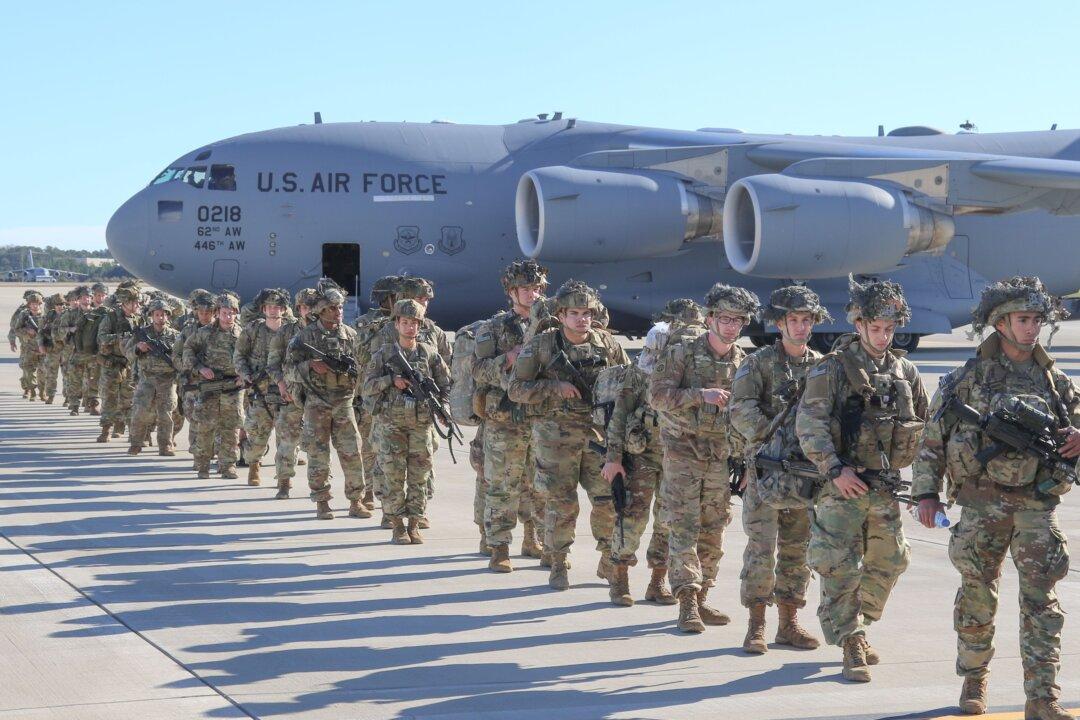Iran, or the forces it backs, may be planning additional attacks on American presence in the Middle East, said U.S. Defense Secretary Mark Esper on Jan. 2 in the wake of a string of attacks that left one American dead and the U.S. Embassy stormed by Iran-backed terror groups. Washington may act preemptively to prevent further attacks, Esper said.
“There are some indications out there that they may be planning additional attacks, that is nothing new ... we’ve seen this for two or three months now,” Esper told reporters.





